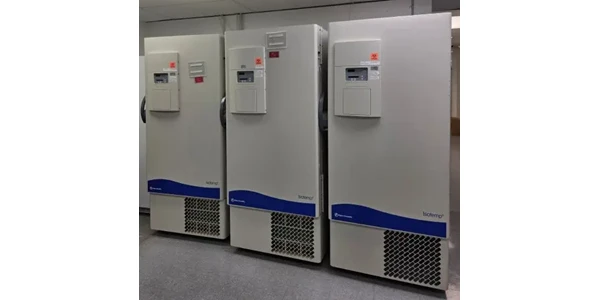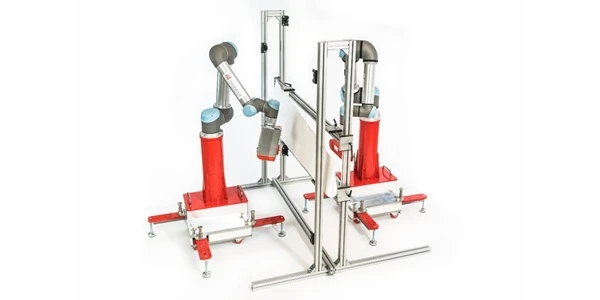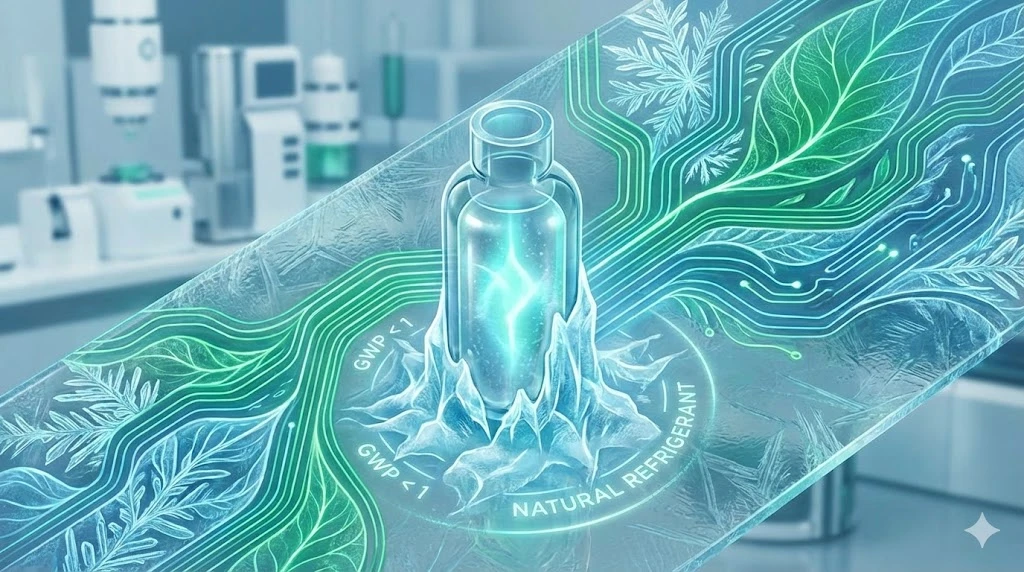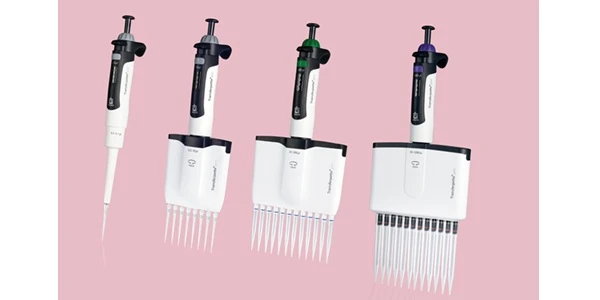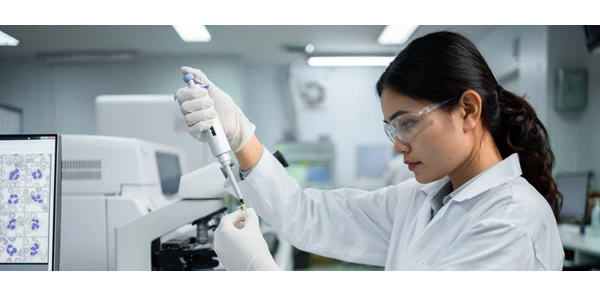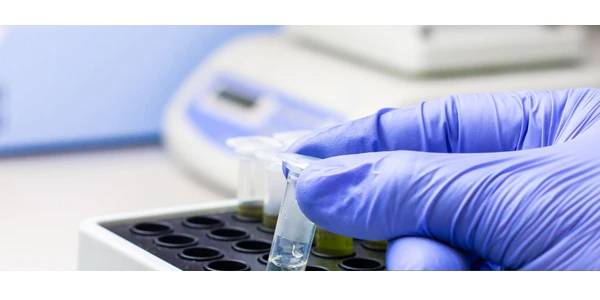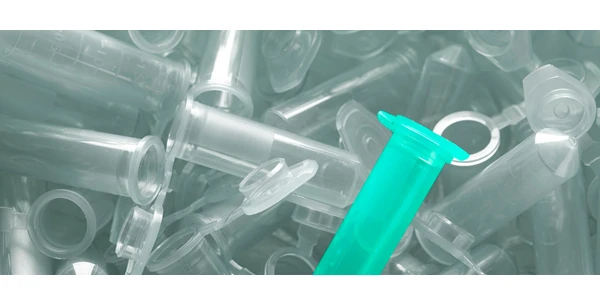The Best Cannabis Extraction Methods for Marijuana Concentrates
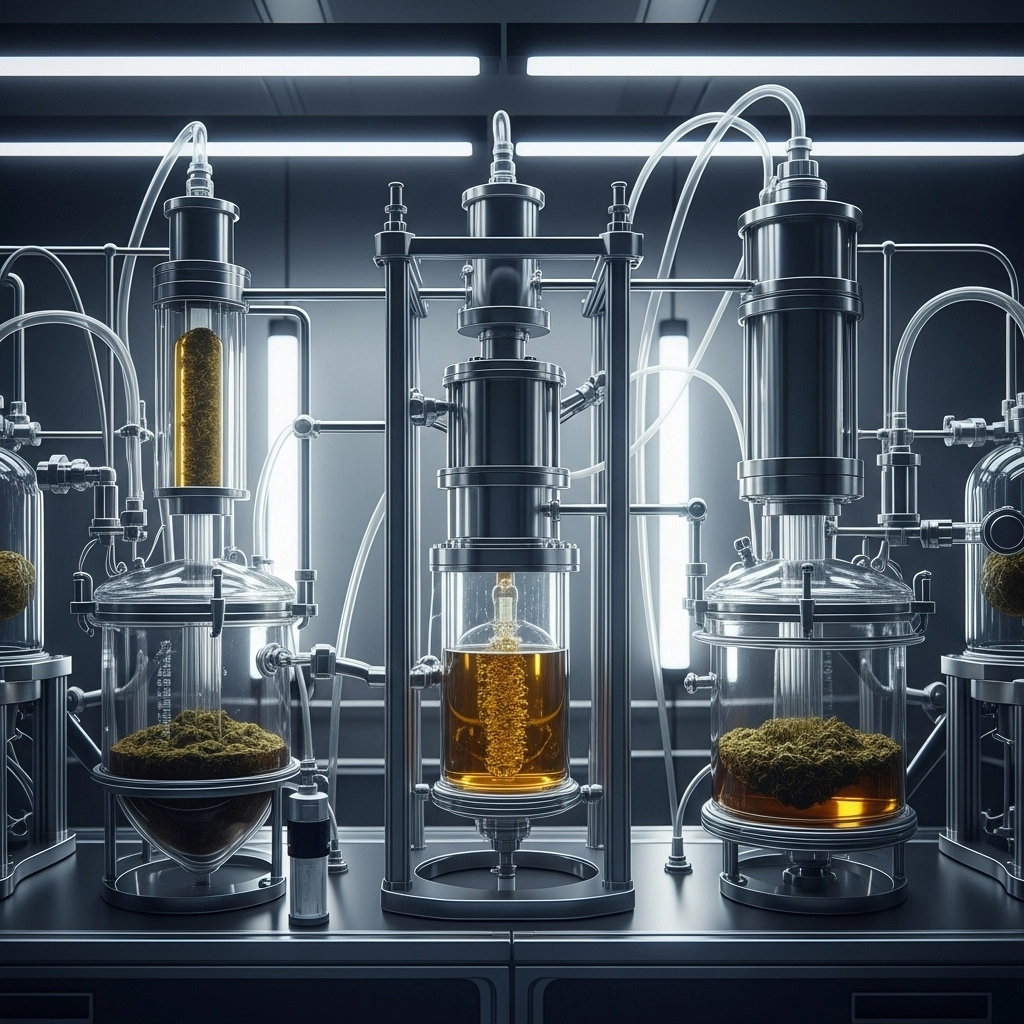
ImageFX (2025)
The cannabis industry is rapidly evolving, driven by innovation in product development and a growing demand for diverse consumption experiences. Central to this evolution are cannabis concentrates and extracts, highly potent preparations that offer a wide array of applications, from edibles and topicals to advanced medicinal formulations. Understanding the various extraction methods is crucial for producers and consumers alike, ensuring product quality, safety, and efficacy in a dynamic regulatory landscape.
Why Cannabis Concentrates Are Gaining Popularity
Cannabis concentrates are "enriched" preparations, meaning they contain significantly higher concentrations of desirable compounds—such as cannabinoids, terpenes, and flavonoids—compared to raw plant material. This elevated potency and purity make them ideal for a broader spectrum of products, including:
Topical Analgesics: For localized pain relief.
Edibles: Offering discreet and long-lasting effects.
Vape Cartridges: Providing a convenient and efficient consumption method.
Tinctures and Oils: For precise dosing and sublingual absorption.
The specific composition and purity of these concentrates are directly influenced by the extraction techniques employed. Given the potential for residual chemicals from the extraction process, understanding these methods is paramount for ensuring product safety and suitability for various applications, especially in the medicinal cannabis sector.
Understanding Cannabis Extraction Methods: Solvents and Techniques
Solvent-based extraction is a widely used approach for isolating volatile aromatic and aliphatic compounds, like cannabinoids and terpenes, from the complex plant matrix of milled cannabis. The success of any extraction—in terms of both yield and quality—is heavily dependent on the consistency and quality of the raw input material. This highlights the critical need for high-performance equipment throughout the cannabis processing stages, including harvesting, grinding, and milling.
Hydrocarbon Extraction: Butane and Propane Methods Explained
Hydrocarbon solvents like butane and propane are popular choices due to their efficiency in extracting a broad spectrum of cannabis compounds. However, these methods require stringent safety protocols due to the flammability and pressure involved.
Butane Extraction (BHO)
Butane solvent extraction leads to the creation of Butane Hash Oil (BHO), which can be further refined into various formulations like shatter, wax, and crumble. The process typically involves:
Incubation: Cannabis material is heated and incubated with liquefied butane in a closed-loop system under increased pressure.
Solvent Removal: After passing through the cannabis bed, the butane solvent is removed through evaporation under a vacuum. Dropping the pressure below butane's boiling point facilitates its conversion from liquid to vapor, allowing for efficient removal and often recycling.
Key Considerations for Butane Extraction:
Safety: Butane is highly flammable, and the process involves pressurization, demanding extreme caution and strict temperature control to maintain butane in its liquefied form.
Residual Solvents: The presence of residual butane in the final concentrate can pose health risks. Certified analytical testing labs are often required to quantify these residuals, especially for medicinal products.
Cost: Butane extraction generally requires a lower initial capital investment. However, the potential for residual solvents and the associated lab testing costs can add significant expense, particularly as new, more stringent production and testing guidelines emerge.
Propane Extraction (PHO)
Similar to butane, liquid propane can be used to produce Propane Hash Oil (PHO). PHO often exhibits a slightly different consistency and chemical profile compared to BHO due to distinct processing conditions:
Higher Pressure: Propane requires higher pressure treatment to remain in its liquefied state during extraction.
Lower Boiling Point: Propane's lower boiling point allows for solvent removal at reduced temperatures, leading to a unique chemical profile in the resulting extract.
Important Note: Butane and propane extraction techniques yield distinct ratios of cannabis compounds and should not be used interchangeably for a given application. A combination of both solvents can also be used to create hybrid extracts with unique properties. Similar safety and testing considerations apply to propane extraction as to butane.
Ethanol & Isopropanol Extraction: An Alternative Approach
As an alternative to hydrocarbon methods, ethanol or isopropanol can be used to extract cannabis compounds under atmospheric conditions, eliminating the need for increased pressure.
The Alcohol Extraction Process:
Alcohol extraction typically involves soaking the cannabis plant material in a solvent like ethanol or isopropanol. The alcohol acts as a polar solvent, efficiently dissolving a broad spectrum of cannabinoids, terpenes, and other plant compounds. This process can be performed at various temperatures, with colder temperatures often preferred to minimize the extraction of undesirable compounds like chlorophyll and waxes, resulting in a cleaner final product. After the soaking period, the plant material is separated from the solvent, and the alcohol is then evaporated, leaving behind the concentrated cannabis extract.
Process & Considerations:
Solvent Removal: Removing liquid alcohol requires precise temperature control and is typically more time-intensive compared to other solvent evaporation techniques.
Safety & Residuals: A significant advantage over hydrocarbons is the reduced health threat from residual alcohol, coupled with an improved safety factor during the extraction process (though caution is still necessary as alcohol is flammable).
Cost & Yield: Compared to modern approaches like supercritical CO2 extraction, alcohol extraction can incur higher costs due to extended processing times, greater reagent usage, and traditionally lower yields.
Looking for budget-friendly BHO systems? Explore cannabis extraction equipment.
Supercritical CO2 Extraction: The Advanced, Eco-Friendly Choice
While other extraction methods offer certain benefits, they often come with drawbacks related to environmental impact, reagent disposal costs, and the presence of residual solvents. Supercritical CO2 extraction addresses many of these concerns by minimizing environmental costs, boosting yields, and enhancing safety profiles, albeit often with a higher upfront capital investment, particularly for large-scale operations.
How Supercritical CO2 Extraction Works:
CO2 extraction operates on a similar liquid extraction premise but requires more extreme pressures to achieve and maintain the supercritical CO2 state.
Pressurization: A typical system uses a compressor downstream of a liquid CO2 pressurized vessel, increasing the pressure to 75 psi or greater.
Supercritical State: A heating apparatus then elevates the liquid CO2 past a critical point, at which it enters a supercritical state—possessing properties of both a gas (expansiveness) and a liquid (elevated density).
Gentle Extraction: This supercritical fluid gently interacts with the cannabis material, leading to higher yields and reduced loss of target compounds compared to other methods.
Tunable Selectivity: A key benefit is the ability to precisely "tune" the extraction process by varying conditions (pressure, temperature, time) to selectively extract specific cannabis compounds.
Recycling: After compound collection, the supercritical CO2 is directed into a condenser, converting it back into a stable fluid that can be filtered and reused.
Benefits of Supercritical CO2 Extraction:
Minimal Waste: Produces very little waste with virtually no reagent consumption, making it cost-effective from both waste disposal and environmental impact perspectives.
Safety: Any residual CO2 remaining in the extract readily evaporates under atmospheric conditions in a safe and environmentally friendly manner—a critically important benefit for medicinal cannabis preparations.
Read more about cannabis extract refinement and downstream processing of concentrates in our subsequent article: Downstream Processing and Refinement of Cannabis Concentrates.
Elevate Your Cannabis Processing with LabX
The world of cannabis concentrates is dynamic and complex, with each extraction method offering unique advantages and considerations for safety, yield, and product quality. As the industry continues to mature and regulations become more stringent, investing in the right equipment and understanding these intricate processes is more critical than ever. Whether you're focused on high-purity medicinal extracts or diverse consumer products, the choice of extraction technology profoundly impacts your final output.
At LabX, we understand the evolving needs of the cannabis industry. We are your premier resource for connecting with the latest in new and used high-performance laboratory equipment, designed to meet the unique challenges of this promising field. From advanced closed-loop systems for hydrocarbon extraction to sophisticated supercritical CO2 units and precision analytical instruments for residual solvent testing, LabX provides a comprehensive marketplace to equip your lab for success. Explore our full range of solutions and shop now at our exclusive Cannabis Laboratory application page to find the cutting-edge technology that will optimize your extraction processes, ensure product integrity, and drive innovation in your cannabis operations. https://www.labx.com/
